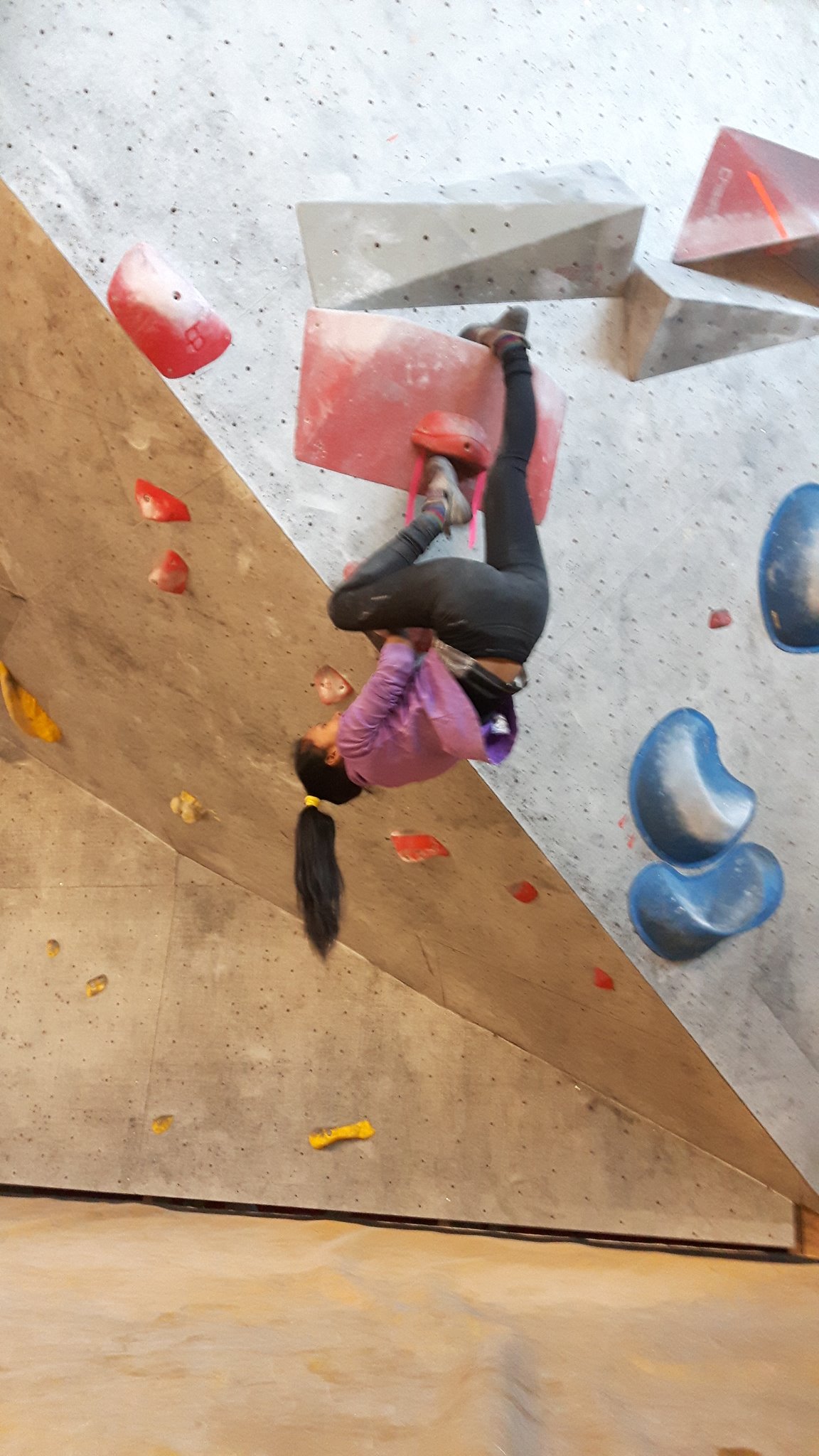Climbing competitions have become increasingly popular and diverse, encompassing various disciplines and attracting climbers from around the world. Here’s an overview of climbing competitions:
You can see the result of the entire competition here.
https://climbalong.com/competitions?status=Upcoming
Types of Climbing Competitions:
- Bouldering Competitions:
- Format: Climbers attempt a series of short, intense routes (called problems) without ropes, typically on walls up to 4.5 meters high. Falls are protected by crash pads.
- Scoring: Points are awarded based on the number of problems completed and the number of attempts. Some competitions also award points for reaching specific holds (zone holds).
- Example Events: IFSC World Cup Bouldering, USA Climbing Bouldering Nationals.
- Lead Climbing Competitions:
- Format: Climbers attempt to climb as high as possible on a long, roped route within a specified time. The height reached determines the score.
- Scoring: Points are based on the highest hold reached. In the case of ties, the number of attempts or time taken can be used as tie-breakers.
- Example Events: IFSC World Cup Lead, European Lead Climbing Championships.
- Speed Climbing Competitions:
- Format: Climbers race up a standardized 15-meter wall with identical holds and route configurations.
- Scoring: The fastest time to the top wins. Climbers compete head-to-head in knockout rounds in some formats.
- Example Events: IFSC World Cup Speed, Speed Climbing World Record Events.
- Combined Format Competitions:
- Format: Climbers compete in all three disciplines (bouldering, lead, and speed), with scores combined to determine the overall winner.
- Scoring: Points from each discipline are aggregated. The climber with the lowest combined score wins.
- Example Events: Olympic Climbing, Youth World Championships.
Major Climbing Competitions:
- Olympic Climbing:
- Overview: Climbing made its Olympic debut at the Tokyo 2020 Summer Olympics with a combined format.
- Disciplines: Includes bouldering, lead climbing, and speed climbing.
- Significance: The Olympics have significantly raised the profile of competitive climbing worldwide.
- IFSC Climbing World Cup:
- Overview: Annual series of competitions held by the International Federation of Sport Climbing (IFSC).
- Disciplines: Separate events for bouldering, lead climbing, and speed climbing.
- Participants: Elite climbers from around the world compete for the World Cup title.
- IFSC Climbing World Championships:
- Overview: Held biennially, this is one of the most prestigious climbing events.
- Disciplines: Includes bouldering, lead climbing, speed climbing, and combined formats.
- Participants: Top climbers from each country compete for world champion titles.
- National Championships:
- Overview: Many countries hold their own national championships to determine the best climbers in each discipline.
- Examples: USA Climbing Nationals, British Bouldering Championships, French Lead Climbing Championships.
- Youth Competitions:
- Overview: Various competitions cater to young climbers, promoting the sport’s growth and development.
- Examples: IFSC Youth World Championships, National Youth Championships, European Youth Cup.
Training and Preparation:
- Physical Training: Includes strength, endurance, flexibility, and technique training specific to each discipline.
- Mental Training: Focuses on concentration, visualization, stress management, and competition strategy.
- Nutrition and Recovery: Proper diet, hydration, and rest are crucial for optimal performance and recovery.
Safety and Regulations:
- Equipment: Competitors use standardized gear, including climbing shoes, harnesses, and chalk. Speed climbers use auto-belay systems.
- Rules: Competitions follow strict rules regarding route setting, scoring, and safety protocols to ensure fairness and safety.
Popularity and Growth:
- Increased Participation: Climbing’s inclusion in the Olympics and the growth of climbing gyms worldwide have boosted interest in competitive climbing.
- Media Coverage: Greater media exposure and live streaming of events have brought climbing to a wider audience.
- Youth Development: Programs and competitions for young climbers have fostered new talent and enthusiasm for the sport.
Climbing competitions offer an exciting platform for climbers to showcase their skills, push their limits, and gain recognition on a global stage. Whether you are a participant or a fan, the dynamic and diverse nature of competitive climbing provides an engaging experience.
